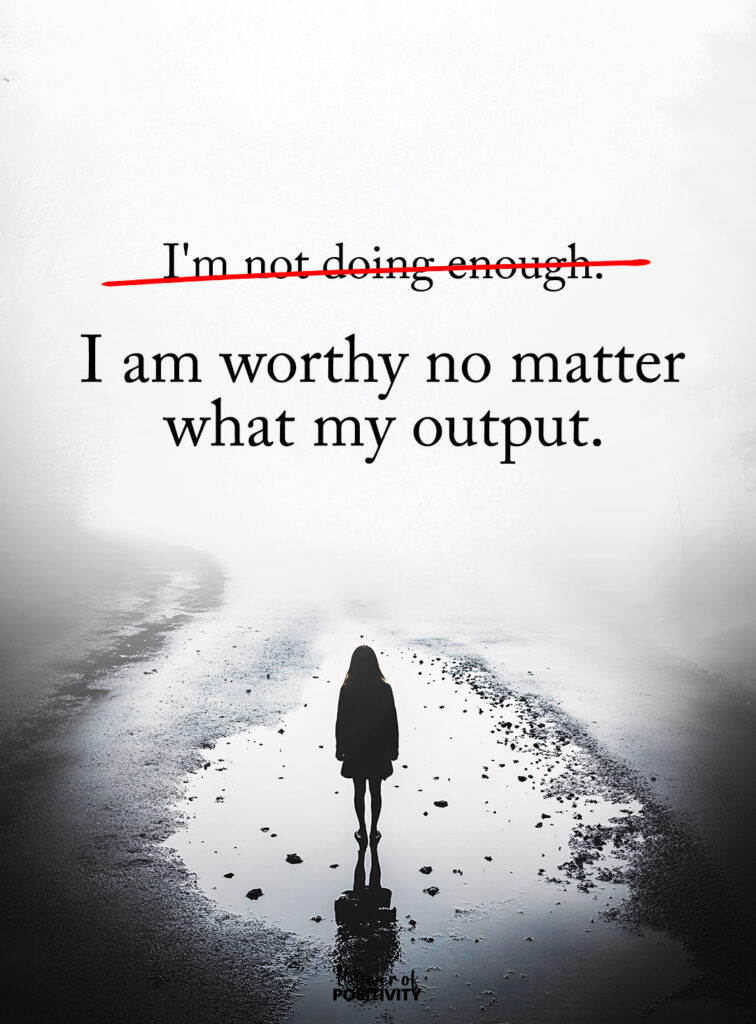Someone keeps cutting you off mid-sentence. They always find a way to bring the talk back to themselves—how busy they are, how great they’ve been, how much they’ve done. At first, it seems harmless. Maybe they’re just proud or overly chatty. But after a while, you start to wonder: Are they a narcissist or just self-centered?
These two traits often look the same, especially from the outside. Both types can feel draining. Both can leave you feeling invisible. But the difference between them runs deeper than just talking too much. One comes from habit, the other from something more harmful—and knowing which one you’re dealing with can help you figure out what to do next. This article breaks it down simply, so you can tell the difference without second-guessing yourself.
Understanding the Overlap: Where Narcissism and Self-Centeredness Cross Paths
It’s easy to mix the two up. Both narcissists and self-centered people can come off as selfish, overly talkative, or uninterested in others. But there’s more going on beneath the surface.
A self-centered person tends to focus mostly on themselves. They might not mean any harm—they just don’t think about how their actions affect others. It’s more about being unaware than anything else.
A narcissist, on the other hand, is fueled by something deeper. They need attention and praise all the time. They often feel like the rules don’t apply to them, and they usually lack real empathy for others.
Because both types might act entitled or always talk about themselves, it can be tricky to tell them apart. That’s why many people ask the same question: “Is this person a narcissist or just self-centered?”
The answer lies in what’s driving their behavior. It’s not how loud they are or how often they talk—it’s why they act the way they do. Understanding this difference matters, especially if you’re trying to figure out how to respond or protect your peace.
The Empathy Divide
Empathy is often the biggest giveaway when you’re asking, “Narcissist or just self-centered?” How someone responds when you bring up a concern can say a lot.
Narcissists may pretend to care, but it’s usually an act. They know the right words, but their actions don’t match. If you tell them how something made you feel, they might brush it off, get defensive, or twist it back on you. Their goal isn’t to understand—it’s to stay in control.
Self-centered people, though, can still feel. They might not realize they’ve crossed a line until you say something. Once you do, they may feel embarrassed or even sorry. They’re not perfect, but they have the ability to reflect and grow.
Signs you’re dealing with a narcissist:
- They never take feedback well.
- They fake concern but keep doing the same things.
- They often turn the blame around.
Signs of a self-centered person:
- They say, “I didn’t realize I was doing that.”
- They make small changes after being called out.
- They can show genuine care, even if it’s delayed.
This is where the narcissist or just self-centered question starts to get clearer.
Attention vs. Validation
Some people love being the center of attention. But not all attention-seekers are narcissists. The difference is in what they’re hoping to get out of it.
Narcissists want more than just to be seen—they want to feel better than everyone else. They steer every story back to their achievements. If the spotlight shifts, they interrupt or try to win it back. It’s not about sharing—it’s about staying on top.
Self-centered people just want to be heard. Maybe they talk too much, but it’s often out of habit, not because they think they’re superior. With a little nudge, they can stop and listen. They may not love it, but they’ll try.
Here’s how you can tell the difference:
- Narcissists:
- Constantly brag or compare.
- Feel offended when others get praise.
- Use conversations to boost their ego.
- Self-Centered People:
- Talk a lot, but don’t need to win.
- Might apologize when called out.
- Can be reminded to let others talk.
The “narcissist or just self-centered” question often comes down to how much someone needs to feel better than you—not just noticed.
Rules, Boundaries, and Entitlement
Not everyone plays by the rules—but why they don’t matters more than what they do.
Narcissists believe rules are for other people. If they cheat, lie, or cross a line, they’ll justify it or blame someone else. They often believe they deserve special treatment. When things go wrong, they rarely take responsibility.
Self-centered people aren’t trying to break rules—they just don’t always think things through. Maybe they forgot to call back, showed up late, or made a selfish decision. But they usually feel bad when someone points it out. They didn’t mean to hurt anyone—they just weren’t thinking beyond themselves.
Here’s what this looks like in real life:
- Narcissist behavior:
- Ignores agreed boundaries.
- Says things like “I did it because you made me.”
- Blames others even when clearly at fault.
- Self-centered behavior:
- Oversteps but is open to fixing it.
- Might say, “I didn’t think that would bother you.”
- Shows signs of guilt or discomfort afterward.
So if you’re wondering, “Narcissist or just self-centered?” pay attention to how they respond when their actions impact others.
Response to Criticism
Criticism can be uncomfortable for anyone—but how someone reacts says a lot about who they really are.
Narcissists don’t take criticism well at all. They might snap, go silent, or throw blame around. It doesn’t matter how kindly you phrase it—they’ll often see it as a personal attack. Their reaction isn’t about the feedback; it’s about protecting their ego.
Self-centered people may not like it either, but they usually come around. At first, they might act defensive or awkward. But after thinking about it, they’re more likely to admit fault and try to improve.
Here’s a breakdown of their reactions:
- Narcissists:
- Get angry or act cold.
- Say things like, “You’re too sensitive” or “That’s not what happened.”
- Turn the conversation into your fault.
- Self-centered people:
- Look uncomfortable but stay present.
- Might say, “I didn’t mean it that way.”
- Can laugh at themselves later or change behavior.
If someone always deflects or blames, it’s more than just being self-centered. The way someone handles feedback can be the clearest clue in answering: “Narcissist or just self-centered?”
Core Motivation
At the root of everything is what’s really driving a person’s behavior.
Narcissists are usually running from deep insecurity. They need constant praise and attention to feel okay inside. Every relationship feels like a transaction—what can you give them? If you stop feeding their ego, they lose interest or turn cold. It’s not about connection—it’s about control.
Self-centered people often act the way they do because it’s what they’ve always known. They may have grown up being praised too much or never had to think about others. They’re not chasing power—they just haven’t built the habit of seeing things from someone else’s point of view.
So how do you tell who’s who?
- A narcissist might:
- Expect you to boost their confidence constantly.
- Get distant or harsh when you don’t meet their needs.
- Treat people like tools rather than friends.
- A self-centered person might:
- Talk too much about themselves without noticing.
- Show care once they realize someone’s hurt.
- Respond to kindness, not just flattery.
The real answer to “narcissist or just self-centered?” lies in what they need from others—and what happens when they don’t get it.
Quick Clues That Help You Tell the Difference
Some signs are easy to miss—others show up when you slow down and pay attention. When you’re unsure whether someone is a narcissist or just self-centered, these little behaviors can help you spot the difference:
- Do they actually listen when you talk, or just wait for their turn to speak?
- Can they say “I’m sorry” without adding a reason or excuse?
- Do they treat people well even when there’s no reward?
- Can they own up to their mistakes—and do better next time?
Simple as these things sound, they show a lot. It’s not about being perfect. It’s about being real. These moments can tell you more than any label ever could.
Why This Difference Matters in Real Life
Figuring out if someone is a narcissist or just self-centered can save you a lot of time and stress. You’re not trying to diagnose them—you’re just trying to protect your peace.
When someone’s just self-centered, you might be able to talk things through. They can grow, change, and start thinking beyond themselves. But narcissists? They often push back, shut down, or shift blame.
Here’s why it matters:
- It helps you know whether to set clear boundaries—or if a conversation might help.
- You won’t waste energy trying to “fix” someone who doesn’t want to change.
- You’ll handle tough situations in work, family, or love with more clarity and less guilt.
Knowing the difference keeps you from giving too much to the wrong person.
If You See These Traits in Yourself
Noticing some of these traits in yourself doesn’t mean you’re a bad person. In fact, it’s a good sign—it means you care enough to check.
Here’s what you can do:
- Ask someone close if you tend to talk over people or miss social cues.
- Practice letting others speak first, even if it feels slow or awkward.
- Pay attention to how often you ask questions compared to how much you talk.
Small shifts matter. Even a little effort to be more aware can go a long way in your relationships.
If You See These Traits in Someone Else
When someone in your life shows these signs, the way they respond matters most.
Start small:
- Share how a certain behavior made you feel—without blaming.
- Watch what happens next. Do they get defensive, or do they listen?
If the person keeps shutting you down or leaves you feeling drained, it might be time to protect your space.
You’re not asking too much. You’re just asking for respect—and there’s nothing wrong with that.
Closing: It’s Not All About Labels — It’s About Patterns
You don’t need a professional label to trust what you feel. Whether someone is a narcissist or just self-centered, the real focus should be on what their actions look like over time.
People show you who they are through how they handle feedback, how they treat your limits, and how they act when things don’t go their way.
At the end of the day, it’s not your job to figure them out—it’s your job to protect your peace.
If a pattern keeps hurting you, that’s enough reason to make a change. You’re allowed to choose what feels healthy.















